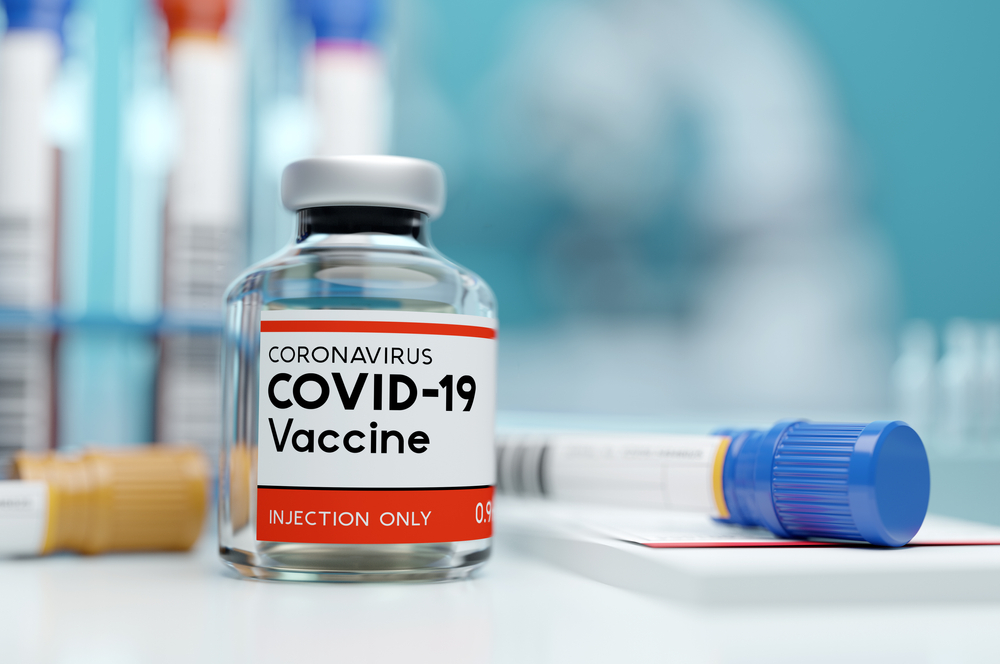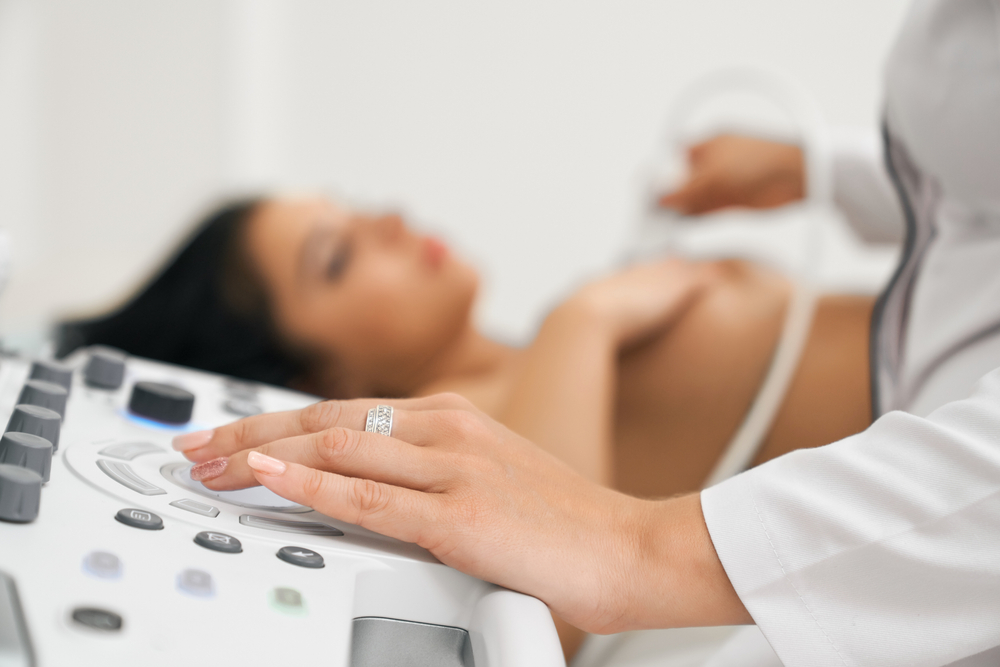General
Vaccine Shows Effective Against U.K. Variant Of Virus
Phase 2/3 trials show that the AstraZeneca/University of Oxford vaccine are effective against the new U.K. variant. In a pre-print, not yet reviewed by The Lancet, Andrew Pollard, PhD, University of Oxford, claims vaccine efficacy was 74.9% (95% CI 41.6-88.9) after two doses against symptomatic infection from the B.1.1.7 variant. CDC estimates it could be…
Read MoreBeneficial Effects of Exercise on Breast Cancer
By Jonathan Sims, MD Did you know that women can reduce their risk of developing breast cancer with exercise? Study after study shows that women who are physically active reduce their risk for breast cancer. Studies also validate that women who develop breast cancer reduce their risk of recurrence after treatment by starting an exercise…
Read MoreDense Breast Cancer Screening Should Include Automated Breast Ultrasound (ABUS)
By Jon Ekstrom, MD | RAPC A woman with fatty breasts is less likely to develop breast cancer than a woman who has dense breasts. Also, the denser a woman’s breasts, the higher her risk of developing breast cancer. Today, women with dense breasts are having mammograms as well as additional breast cancer screening tests.…
Read MoreWomen Don’t Want AI to Read Their Mammograms
A new study shows that women don’t want Artificial Intelligent (AI) to read their mammograms. Despite the breakthroughs with AI, this study has found that 75% of women will prefer a radiologist to be involved in screening their studies. In a study published Oct. 12 in the Journal of the American College of Radiology, a team…
Read MoreWhat Causes Breast Cancer in Men?
By Jonathan Sims, MD | RAPC Did you know that men can develop breast cancer? Yes, it’s true — in the United States, approximately one out of every 100 cases of breast cancer occur in a man. Both men and women have breasts. Their anatomy is very similar. Men and women have nipples and areola,…
Read More



